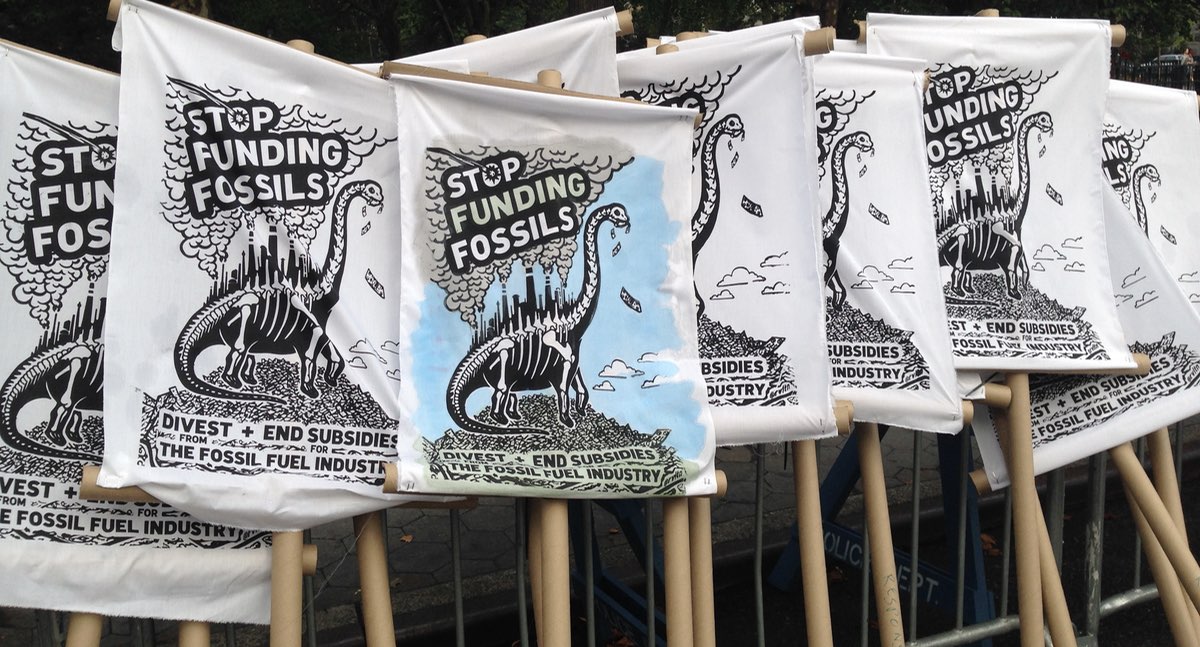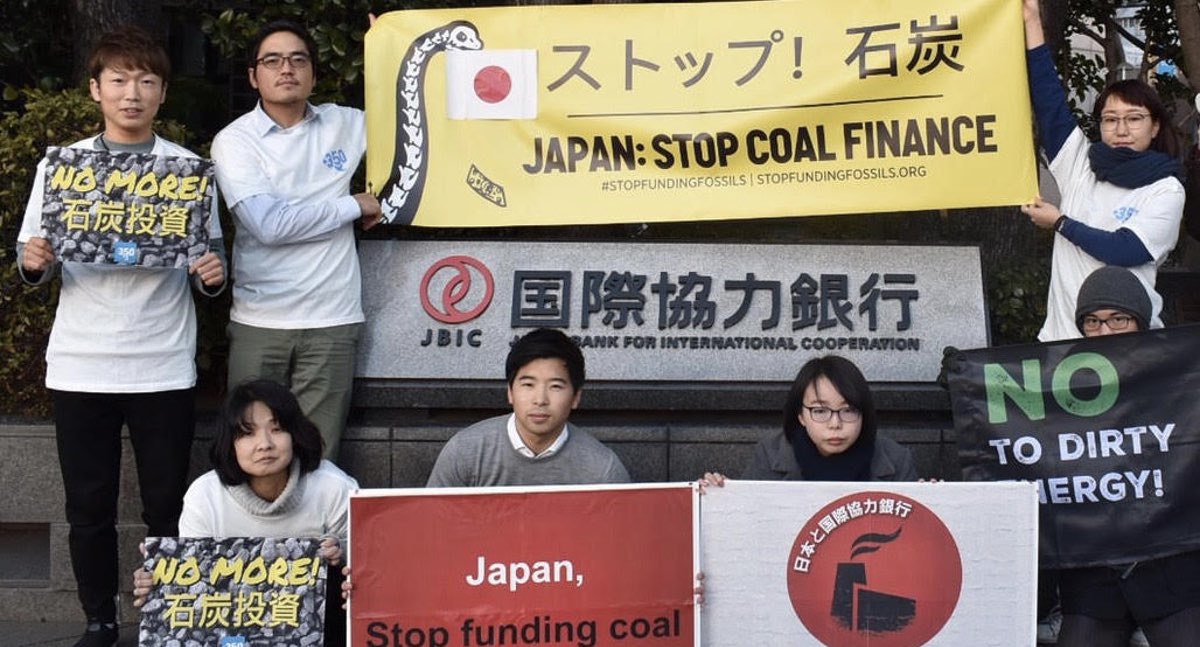STOP FUNDING FOSSILS
Our Stop Funding Fossils program uses critical analysis and strategic organizing to end the vast quantities of government support flowing to the fossil fuel industry and accelerate the clean energy transition.
Public finance and subsidies for fossil fuels play a key role in driving oil, gas, and coal production. Climate leadership means not wasting another cent of public money on the industries that are causing the problem.
OVERVIEW OF WORK
Our research shows that G20 governments spend $444 billion per year propping up oil, gas, and coal production, while the G20’s taxpayer-backed public finance institutions provide nearly 4 times more public finance to fossil fuels than to clean, renewable energy.
These massive subsidies play a key role in expanding oil and gas production and locking in existing fossil fuels: recent analysis finds that half of the new oil fields being drilled in the US would have remained undrilled if not for substantial subsidies; at the same time, public finance for fossil fuels de-risks capital-intensive megaprojects, like massive coal plants in Southeast Asia, few of which would proceed without government backing. And as oil, gas, and coal producers face increasing competition from renewable energy, instead of simply reducing fossil fuel production, they exert their political influence to get more handouts to keep extracting.
Instead of spending scarce public resources on the fossil fuel industry, our work challenges public institutions to scale up their support for distributed renewable energy solutions that can deliver energy access quickly and at least cost in many developing countries: today, support for these solutions makes up only a tiny fraction of all public finance for energy.
We know from the work of our Energy Transitions and Futures program that already-producing oilfields, gasfields, and coal mines hold enough carbon to take the world well beyond 1.5°C of warming and up to 2°C. This means that governments who’ve signed up to the Paris Agreement (that’s nearly everybody) shouldn’t spend another cent of public money on fossil fuels if they take their commitment seriously. We call on them to stop funding fossils.
LATEST PROGRAM POSTS
Only 10 days after Congressman Maurice Hinchey introduced the End Oil Aid Bill in the U.S. Congress, more than 150 organizations from 50 countries have written to House Speaker, Nancy Pelosi, recognizing her clean energy efforts and calling on her to lend support to eliminate international ‘oil aid’.
The letter (Acrobat pdf) cites over $20 billion in international subsidies to oil companies since the early 1990s and states that the projects supported by this aid “fuel global warming, encourage oil dependence, and increase conflict and poverty around the world.”
Direct World Bank financing for oil companies is worth hundreds of millions of dollars a year, but the Bank's behind the scenes work to make the world safe for Big Oil is priceless.
While Bank support for mega-projects involving companies like Exxon and BP may get most of the attention, the Bank's biggest impact on oil comes from its role in pressuring countries to reform their oil sectors in ways that suit the interests of international oil companies.
A group of eight “freshman” Democratic senators have introduced legislation that would impose a windfall profits tax on oil companies as well as revoking some government subsidies.
The legislation, proposed by Senator Robert Casey, D-Pa., would impose a 50 percent tax on profits after oil prices rise above $50 a barrel. It also repeals tax "loopholes and breaks" from legislation signed into law in 2005.
A group of 40 German NGOs called on G8 Environment Ministers today to phase out fossil fuel subsidies at home and use their influence to steer the World Bank away from fossil fuels and towards a new energy revolution.
A long list of German organizations, including the German NGO Forum on Environment and Development, Oxfam Germany, WWF, Bund, Care, Urgewald, Misereor, Greenpeace, Church Development Service (EED), WEED, GermanWatch, and many more, presented these recommendations in a joint G8 policy paper to the G8 Environment Ministerial in Potsdam.The policy paper outlines NGO concerns related to climate change, energy, raw materials, biodiversity, trade,
LATEST PROGRAM RESEARCH
U.S. single biggest violator of CETP pledge, approving the most fossil fuel projects of any signatory for a total of almost USD $2.3 billion.
"Today’s announcement from the Netherlands, United Kingdom, Canada and many of their peers is a disappointment. At a time when we need rich country leaders to concretely expand their past ambition to secure a fair deal, these ministers are just regurgitating promises and initiatives that are now more than a decade old and have been so ineffective that fossil fuel handouts and profits continue to reach record levels."
Australia has joined a major international initiative to end international public finance for fossil fuels at an event held at the UK Government Pavilion today at COP28. Australia follows Norway, who also joined the initiative on Saturday.



